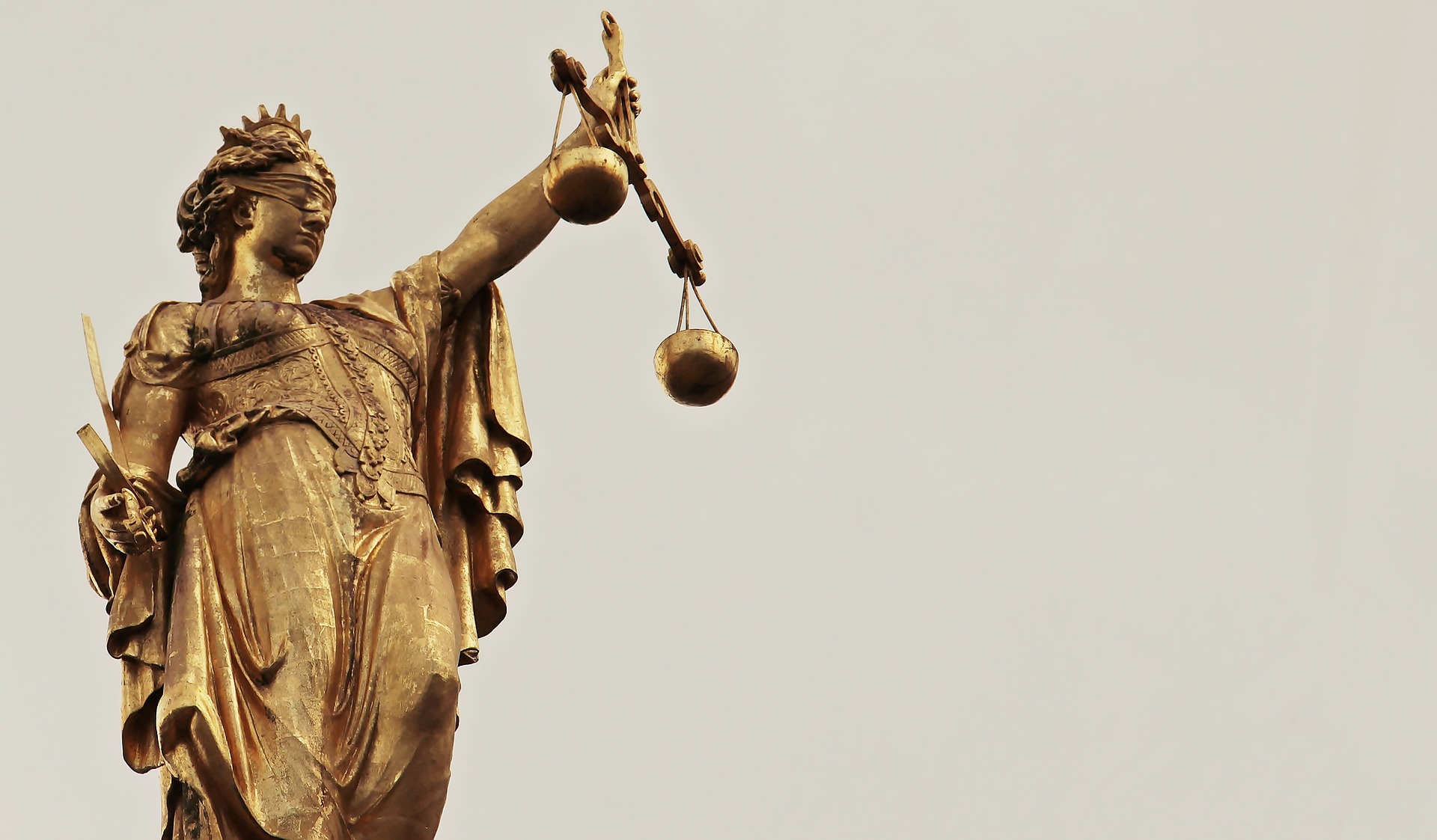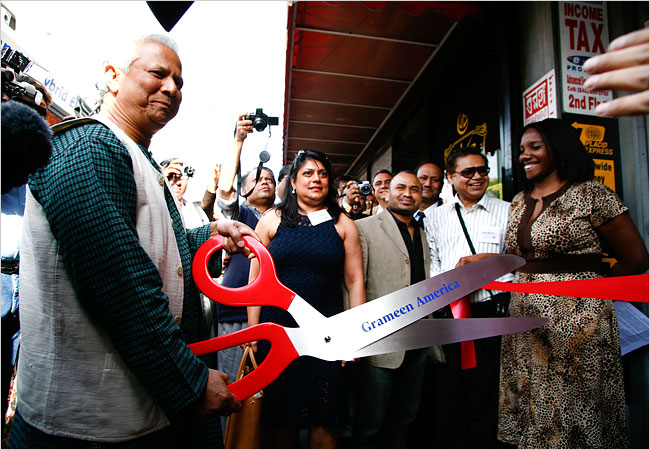In an adorable experiment known as the “Fairness Study,” two capuchin monkeys in separate cages are tasked with handing rocks to a researcher in exchange for pieces of cucumber. While both monkeys are willing to conduct this transaction, when one monkey begins receiving grapes as the other receives only cucumbers, the underpaid monkey becomes clearly irritated. The irritated monkey throws the cucumber at the researcher, likely demanding a grape. It is clear the monkey is angry not for unsatisfactory pay, as they were originally willing to provide the rock for the cucumber, but instead for getting less pay for the same work.
It doesn’t require a committed egalitarian to recognize that the monkey getting the cucumber is getting an unfair deal relative to the monkey getting the grape. This evaluation of unfair treatment leads one to wonder how the monkeys would react in different circumstances. What reasons might the underpaid monkey accept as justification for their neighbour receiving a grape? Would the monkey have accepted the unequal pay if the other monkey’s rocks were heavier? Would that monkey still have a right to be angry if they lacked the opportunity to lift heavier or higher quality rocks? What division of grapes and cucumbers would both monkeys view as fair, and for what type of work? This column intends to keep these types of questions in mind as it discusses economic inequality’s moral underpinnings and practical effects, as well as policies and policy proposals aimed at addressing it.[1]
Unlike other, more objective economic measurements like the unemployment, poverty, and growth rates, the measure of growing inequality in America has provoked a range of ideological reactions. While some label it as the “defining challenge of our time” others accept it as an inevitable consequence of any healthy market economy. Across the political spectrum, viewpoints vary on inequality’s justifications and whether inequality can or should be addressed. Even those who identify inequality as an important issue may find difficulty supporting their conviction on a legitimate basis outside of intuition. This introductory article highlights the issues inequality poses and argues for a broad and serious national discussion to address and better understand inequality’s causes and consequences.
We may accept inequality if differences result from morally significant factors–such as effort, ability, and value creation–and may become upset when they result from morally arbitrary factors such as social circumstances, luck, or unfair play. While any stable and prosperous society requires some inequality to incentivize socially productive behavior, the social costs and inherent injustice of excessive and arbitrary inequality should also be recognized.
Inequality is often dismissed as failing to recognize the “actual” concerns of poverty and equal opportunity, but the reverse bears more truth. Fairness shouldn’t end above an arbitrary income level; any just society should guarantee equal concern for all its citizens’ interests. This would go beyond simply providing a minimum standard of living for those at the bottom, also requiring fair terms and shared growth for all while curbing socially wasteful excesses at the top.
Equality of opportunity, while necessary and just, isn’t sufficient to secure justice. On its own it fails to address the effects that unequal outcomes have on future opportunity and morally arbitrary market factors. Economic positions and offices being strictly determined by random lottery would certainly fail to create just outcomes, despite that process being perfect equality of opportunity.
Yet those who provide lip service to equal opportunity often fail to support policies that would make this principle a reality rather than mere rhetoric. This would include equal spending on public education, universal health care, universal access to higher education, and generous child care benefits, all at least partially financed by a tax on inheritance. More often, discussion of opportunity diverts questions on inequality, not the other way around. These arguments fail to show why we should ignore inequality and its often-overlooked consequences, namely economic harm, influence on our political system, and worsening of social ills.
It is often argued that inequality is the price we pay for economic growth, and that curbing inequality would harm the very people egalitarians seek to help. However, international empirical research has shown a negative, rather than positive, correlation between economic growth and inequality. Evidence also suggests that inequality can encourage higher household debt, less-stable growth, slower recoveries, weaker resilience to external shocks, and a more cyclical economy as the state of the market becomes dependent on the behavior of a small minority. [2] When inequality impacts opportunity, economic positions are determined less by merit and more by social circumstances and privilege, leading to a less-efficient and less-fair economy.
Equity doesn’t have to come at the expense of economic growth. Plenty of policies would promote both, particularly by raising the status of underprivileged groups. This would include increasing female labor participation by investing in early child care and paid maternity leave, investing in communities of color, and reforming the criminal justice system, which bars ex-offenders–disproportionately men of color–from the labor market. A path to citizenship for undocumented immigrants would also boost economic growth and wage growth for both immigrant and native workers.[3]
Another solution involves curbing excesses at the top that hamper economic growth. This includes limiting the role of our bloated financial sector and reforming exclusionary zoning laws, patent and copyright law, and occupational licensure requirements, which increase rewards at the top at the expense of the broader economy and social mobility. [4] There’s little need to choose between efficiency and equality when many policies would accomplish both, as well as address the underlying causes and perverse consequences of greater inequality. Yet these policy areas are not hindered just by ideological differences, but also by special interests, which are able to hijack the democratic process to serve their own narrow affairs, which inequality exacerbates.
Elected officials too often place the interests of a powerful few ahead of the public good. This basic intuition, acknowledged by both conservative and liberal voters, is supported in the academic literature, particularly regarding the relationship between inequality and corruption. Research by Martin Gilens and Larry Bartels has revealed that representatives legislate more in line with the preferences of the rich than the preferences of the general population. When the preferences of the poor and middle class diverge from those of the rich, elected officials vote with the rich.[5]
However, the discussion of how inequality affects our democratic process is too often confined to campaign financing, ignoring more fundamental aspects of influence. Even if major campaign finance reform were enacted, the wealthy could still influence civil society by bankrolling think tanks, media groups, and academic institutions. They could exercise more direct influence by lobbying legislators and funding so-called “grassroots” movements. This creates perverse democratic outcomes that serve the interests of the few under the guises of intellectual legitimacy and broad public will.[6]
The wealthy also exercise a more subtle but foundational influence on lawmakers: “cultural capture.” The affinity the rich share with policymakers creates social ties and personal relationships which go beyond campaign contributions, and can even enhance them. Wealthy constituents are the income group most likely speak to their lawmakers, visit their legislative offices, and meet them on their returns to their constituencies. They may share the same professional background, go to the same high-profile events, share the same social circle, have attended the same elite colleges or even high schools, and share the same cultural markers of social class membership.[7]
Through these processes, inequality affects the very roots of lawmaking. This social segregation threatens democratic fairness and creates class stratification as the lives of Americans are dramatically shaped by their relative income level. This class construction undermines social cohesion and places greater undue emphasis on the market as a measure of self-worth, worsening social ills and individual well-being.[8]
Research on the relationship between inequality levels and social ills has correlated the size of income inequality across nations and U.S. states with several social issues which appear entirely detached from inequality. Our obsession with Gross Domestic Product (GDP) as the dominant measurement of human welfare has led us to misunderstand actual human welfare. Focusing solely on measurable material growth ignores factors closely connected to well-being, including stress and anxiety levels, social cohesion, quality of relationships, and life satisfaction.
As inequality places greater emphasis on material wealth and income as measurements of success, we place greater undue stock in these factors as measurements of social status and individual value. This phenomenon, dubbed “status anxiety,” is exacerbated by inequality and helps to explain inequality’s correlation with several social ills including deteriorating physical and mental health, drug use, violent behavior, poor educational outcomes and teenage pregnancy. These ills aren’t concentrated just among lower-income groups, but are pervasive across the entire income spectrum in more unequal societies. While these factors are unrelated to GDP per capita in developed nations, they correlate with the size of inequality across developed nations and U.S. states. The steeper the “social gradient” of these social ills, the stronger their relationship to inequality becomes. Being poor in America isn’t just about low income, but also about being subjected to conditions that impair physical and mental health for the poor and their neighbors, undermining individual choice and creating deep geographic class divisions.
Status anxiety is widely recognized but not properly understood. The top 20% may make greater strides to improve their relative position for themselves and their children, even at the expense of shared growth and social mobility, as failure to maintain status can mean a much shorter and more difficult life. [9] Instead of supporting a fairer society based on reason and principles, including a greater social safety net and an expansion of economic opportunity, citizens in more unequal nations place more weight on their immediate interests, even at the expense of others. As the gap between the haves and have-nots widens, the penalty for not being in a favorable class increases and socially destructive self-interest begins to dominate over social cohesion and a sense of fair play.
With greater divides between citizens, trust (or social capital), an essential component for a well-functioning and interdependent market economy, erodes. Our specialization and division of labor relies heavily on trust and cooperation between citizens. If social cohesion is undermined, so is trust, leading market participants to focus less on cooperation and mutual gain, and more on conflict and rent-seeking behavior at the expense of general welfare. [10] The breakdown of social cohesion and a greater focus on rigging the game for one’s benefit risks numerous unfavorable consequences including social decay, tribalism, populism, and even violence and civil strife.
Inequality, particularly when it is unjustified, negatively impacts many major facets of American society: our market system, our political institutions, and our social relations. Inequality in America is a serious issue and to be able to understand it, overcome it, or even just to woefully accept it, we need to discuss it.
Despite the ills that inequality derives from and creates, we haven’t had a broad and serious national discussion, let alone mustered widespread support for addressing it.[11] Inequality is an issue that many, even the good-natured, can feel uncomfortable considering, as a pervasive cognitive dissonance allows us to simultaneously recognize the misfortunes of others, but not our own privilege. Discussion of poverty and opportunity allows us to appear altruistic and principled, while discussion of inequality forces us to examine the entire social system from which we might benefit, which is exactly the point.
We are comfortable seeking to satisfy basic needs, but not to curb excesses. Talk of fairness has too often meant addressing the misfortunes of some while ignoring our own fortunes. This is especially so for different dimensions of inequality, such as race and gender. Inequality isn’t a comfortable topic to discuss, as it requires a level of introspection concerning our perceived self-worth, itself a product of inequality. But it’s a discussion that needs to be had if we seek to achieve a truly fair society based on morals and reason, a society to which all citizens are entitled.
By keeping the discussion around what makes us feel comfortable, our ability to advance is handicapped. As stated by Bryan Stevenson of the Equal Justice Initiative, “We have to be willing to do things that are uncomfortable and inconvenient, because justice doesn’t come when you only do the things that are comfortable and convenient.” Through this column, I aim to contribute to this vital but awkward topic by highlighting the cost inequality poses, and placing scrutiny on our nation’s vast economic differences. I hope I have made a convincing case, however brief and introductory, for why inequality needs to be recognized as an important issue. And like any issue, constructive discussion is essential to understanding and overcoming it.
[1] This article, as well as this column, intends to be heavily informed by the ideas of liberal egalitarianism as expressed in works such as John Rawls. A Theory of Justice. (Cambridge: Belknap, 1971).
[ 2] See Heather Boushey, Bradford DeLong, and Marshall Steinbaum. After Piketty: The Agenda for Economics and Inequality. (Cambridge, Massachusetts: Harvard University Press, 2017), ch. 16 and 17 for a literature review and discussion of the relationship between inequality and economic stability
[3 ]See Joseph E. Stiglitz, Rewriting the Rules of the American Economy: An Agenda for Growth and Shared Prosperity (New York: W.W. Norton & Company, 2016), for a further discussion on policies to improve growth and equity
[4 ] See Dean Baker, Rigged: How Globalization and the Rules of the Modern Economy were Structured to Make the Rich Richer (Washington, D.C: Center for Economic and Policy Research, 2016) and Brink Lindsey and Steven Teles, The Captured Economy: How the Powerful Enrich Themselves, Slow down Growth, and Increase Inequality. (New York: Oxford University Press, 2017.) for a further discussion on how rent seeking slows down growth and increases inequality.
[ 5] See Larry M. Bartels Unequal Democracy: The Political Economy of the New Gilded Age, (Princeton: Princeton University Press, 2016). Also see Dylan Matthew “Remember that study saying America is an oligarchy? 3 rebuttals say it’s wrong” for a review of rebuttals of Martin Gilens’ findings.
[6] See Jane Mayer Dark Money: The Hidden History of the Billionaires behind the Rise of the Radical Right. (New York: Anchor Books, 2017) for an investigation into the influence of conservative billionaires through these means and for a discussion of the influence special interests have over lawmakers.
[7] See Richard V. Reeves Dream Hoarders: How the American Upper Middle Class Is Leaving Everyone Else in the Dust, Why That Is a Problem, and What to Do about It. (Washington, D.C: Brookings Institution Press, 2018.) and Lindsey and Teles (2017) ch. 7 for a further discussion of the implicit influence the professional class has on politics.
[8] This section is informed by Kate Pickett and Richard Wilkinson, The Spirit Level: Why Greater Equality Makes Societies Stronger. (New York: Bloomsbury, 2011.)
[9] See Reeves (2018).
[10] See Robert Reich, Saving Capitalism: For the Many, Not the Few (New York: Alfred A. Knopf) ch. 17 and Joseph Stiglitz, Price of Inequality. (New York: W.W. Norton & Company, 2013) ch. 5 for a discussion on the effects of inequality on social capital and trust.
[11] See Bartels (2016) pg. 119 for evidence of the absence of a broad based and informed national discussion of inequality.



